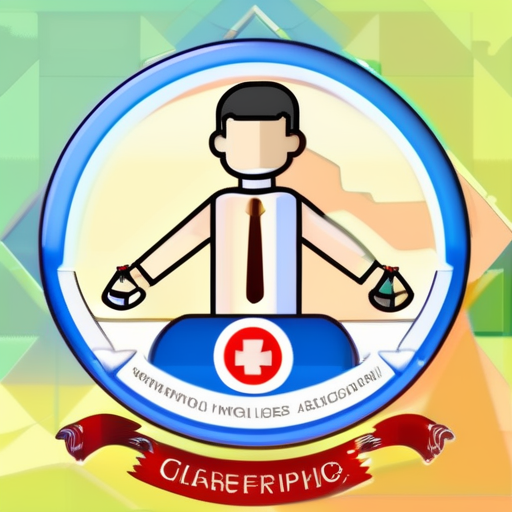Wrongfulness can be understood as an ethical or moral judgment about an action or behavior that goes against commonly accepted principles or standards. It is a concept that helps us differentiate between what is right and what is wrong, allowing us to make judgments about the morality of certain actions. The determination of wrongfulness is subjective, as it can vary depending on cultural, social, and personal values.
One aspect of wrongfulness centers around the idea of harm caused to others. Actions that directly or indirectly cause harm, whether physical, emotional, or psychological, are generally considered wrong. For example, stealing from someone not only causes financial harm but also breaches the trust between individuals. Similarly, lying or spreading false information can harm a person’s reputation or lead to misunderstandings and conflicts.
Another dimension of wrongfulness involves the violation of legal or social norms. Laws and regulations within a society are established to maintain order, protect individuals’ rights, and promote the overall well-being of communities. Actions that disregard these laws, such as theft, fraud, or assault, are typically considered wrongful because they undermine the stability and fairness of society.
Moreover, wrongfulness can also be related to ethical principles and values. Moral frameworks such as utilitarianism, deontology, or virtue ethics provide guidelines for determining right and wrong based on different perspectives. For instance, an action may be deemed wrongful if it violates the principle of honesty, fairness, or equality. Ethical considerations take into account the broader implications of an action, including its impact on society, the environment, and future generations.
While the concept of wrongfulness helps us navigate ethical dilemmas and make informed decisions, it is important to recognize that it is not always straightforward or universally agreed upon. Different cultures, religions, and belief systems have varying notions of right and wrong, leading to moral relativism. Additionally, individual perspectives and subjective experiences can influence how we perceive wrongfulness. Therefore, it is crucial to engage in open and respectful dialogue to understand diverse viewpoints and reach a collective understanding
